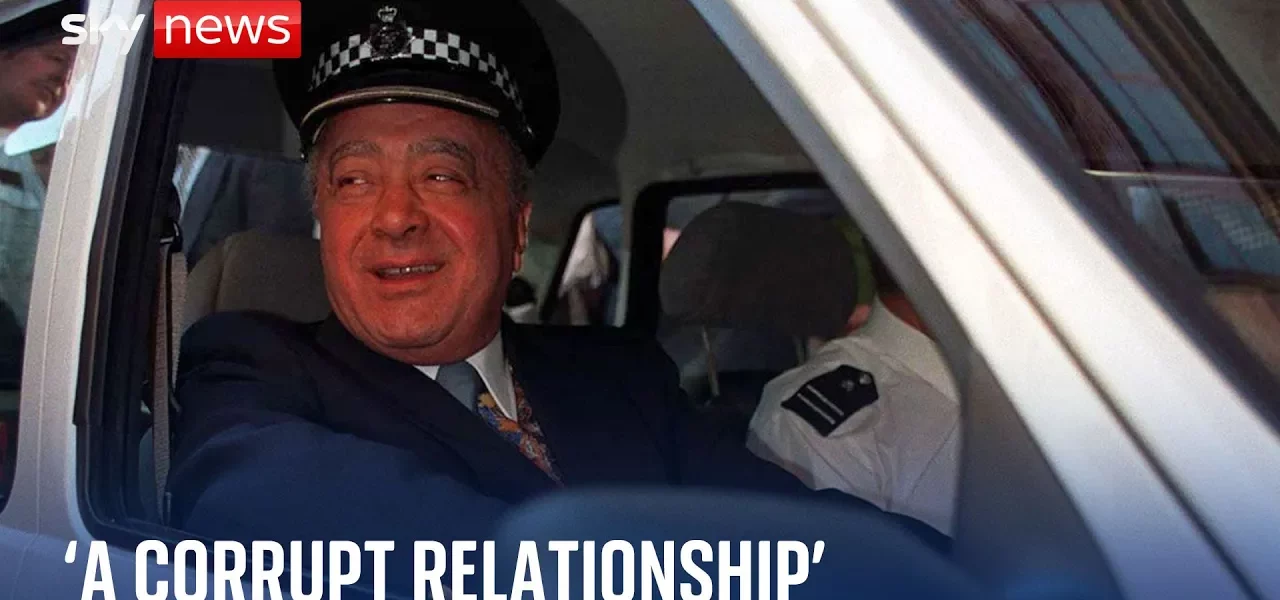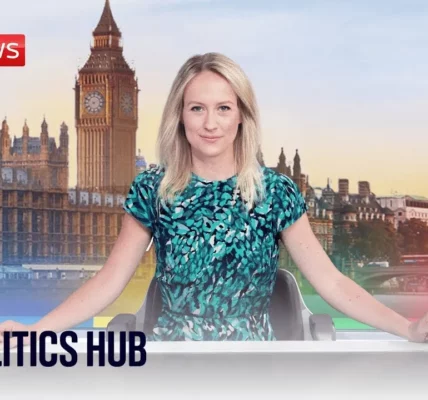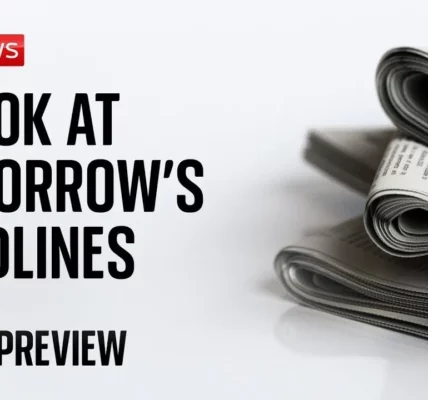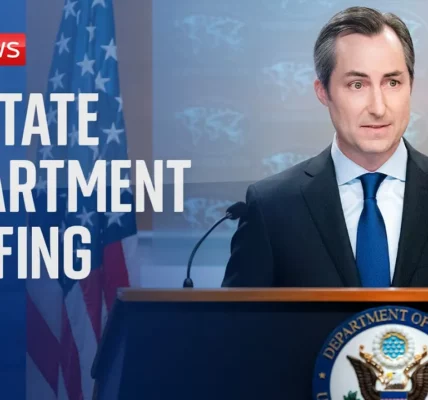The Corrupt Relationship Between Harrods and the Metropolitan Police

This article delves into the troubling relationship between Harrods and the Metropolitan Police, examining allegations of corruption, sexual assault, and the systemic failures that allowed these issues to persist for years.
Introduction
The intertwining of powerful institutions often leads to troubling dynamics, as evidenced by the controversial relationship between Harrods and the Metropolitan Police. In 1996, a sponsored car gifted to the police by Harrods marked the beginning of a complex and corrupt interaction that would span years. The implications of this relationship have come under scrutiny, particularly following allegations of misconduct and systemic abuse that have surfaced in recent years. Understanding this relationship requires an exploration of the motivations, consequences, and the ongoing investigations that have emerged as a result of the actions of those involved.
The Gift and Its Implications
In 1996, Harrods presented a sponsored car to the Metropolitan Police, a gesture that was initially seen as a benign partnership. However, this seemingly innocuous act soon spiraled into a complex web of mutual benefits and unethical practices. The following points highlight the implications of this sponsorship:
- Strengthening ties between Harrods and police officials, which blurred the lines of accountability.
- The creation of a culture where police officers felt obliged to protect the interests of Harrods.
- Allegations suggesting that this relationship may have contributed to a lack of oversight regarding the actions of certain Harrods executives.
Corruption Allegations and Systemic Failures
Mr. Otter, a senior figure in the controversy, recounts being taken aside by a Harrods executive who explained the longstanding nature of their relationship with the police. This meeting highlighted the deep-rooted issues within the force, where certain officers allegedly received “hampers at Christmas” as tokens of appreciation for their loyalty. The following subsections explore the various allegations and systemic failures:
Long-standing Connections
Many Chief Superintendents benefitted from this corrupt relationship, fostering an environment where accountability was overshadowed by favoritism. This relationship created a culture where ethical considerations were dismissed, leading to a sense of impunity among certain individuals.
The Role of Harrods Executives
Mr. Otter believes that Harrods executives exploited their relationship with police to evade scrutiny. This manipulation raised serious questions about the ethical conduct of both parties involved:
- Did the gifts and privileges create a conflict of interest for police officers?
- How did these connections inhibit legitimate investigations into misconduct?
- What measures were in place to prevent such ethical breaches?
The Response of the Metropolitan Police
In light of recent allegations, the Metropolitan Police have urged more victims to come forward and report offenses. This statement reflects a significant shift in the police’s approach to allegations of corruption and misconduct:
- Increased outreach to lawyers representing victims to ensure their voices are heard.
- Specialist support services for those who have come forward, recognizing the need for sensitive handling of such cases.
- Ongoing investigations aimed at holding accountable those who may have enabled or participated in corrupt practices.
Victims’ Voices and Calls for Accountability
Victims of the systemic issues within Harrods and the Metropolitan Police have begun to speak out, sharing their experiences of humiliation and sexual assault. Their testimonies highlight the need for accountability among those who aided and abetted misconduct:
Dr. Anne Coxen’s Involvement
One significant figure, Dr. Anne Coxen, who conducted gynecological examinations, faces calls for her removal from the General Medical Council (GMC). Victims assert that her actions contributed to an environment rife with abuse:
- Allegations that she knowingly placed victims in positions where they were likely to be assaulted.
- Demand for accountability not only for Aled but also for those who facilitated his actions.
- Calls for Dr. Coxen’s shame and removal from professional practice as a necessary step towards justice.
Conclusion
The relationship between Harrods and the Metropolitan Police serves as a stark reminder of the dangers posed by corruption and the failure of oversight mechanisms. As investigations continue, it is crucial for victims to be heard and for the implicated to face the consequences of their actions. The Metropolitan Police’s renewed commitment to supporting victims and addressing past wrongs is a positive step towards restoring public trust. It is imperative that all individuals involved in enabling such a toxic culture are held accountable. For anyone affected by these issues or who wishes to share their experiences, we encourage you to reach out to the appropriate authorities and support organizations.
“`




